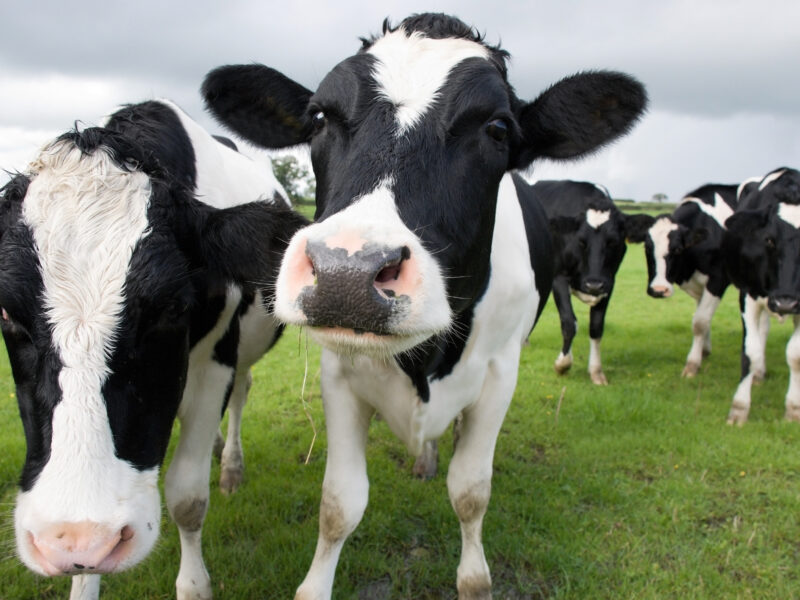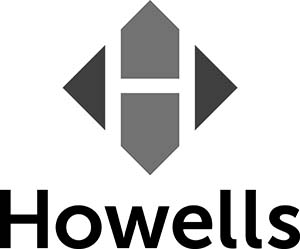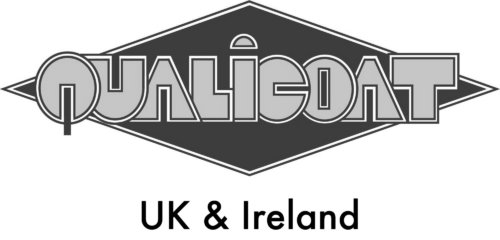
Substantiate Your Green Claims
28th June 2022
Increasingly, businesses are claiming ‘green’ credentials. They are promoted far and wide, across all marketing collateral and platforms. Yet, be warned, guidelines from the UK Advertising Standards Authority (ASA) and hefty fines are being enforced to catch out those exaggerating or misleading consumers.
Evidence to Support Your Claim
Businesses must substantiate any claim they make. This includes terms such as ‘green’, ‘sustainable’ and ‘eco-friendly’.
In June 2022, ASA stated that absolute claims should be fully substantiated and that:
A recent ruling has made it clear that “eco-friendly” is an absolute claim that must be accompanied by a ‘life-cycle analysis of the product, demonstrating no harm to the planet – from manufacture to disposal’.
New Guidelines
The ASA guidelines state claims:
- must be truthful and accurate
- must be clear and unambiguous
- must not omit or hide important relevant information
- must consider the full life cycle of the product or service
- must be substantiated
- comparisons must be fair and meaningful
Informed Decision Making
The whole purpose of these guidelines is to allow a level playing field so that only truly sustainable etc. brands can come to the fore. This will then allow consumers to make better informed purchasing decisions and lifestyle choices.
The whole point is that the law (yes, it’s a law) is aimed at encouraging businesses to invest in the performance of products and services for the good of the environment.
The Green Claims Code
This informative video on The Green Claims Code from the Competition and Markets Authority provides a good overview:
Oatly Misleads Consumers
Some major brands in the FMCG market have already fallen foul of the new regulations. Back in January 2022, ASA ruled that alternative milk producer, Oatly had mislead consumers with environmental claims.
Back in 2021, Oatly ran advertisements across television, social media and the national press favourably comparing its carbon footprint with that of cow’s milk. ASA received more than 100 complaints in response. While a report to substantiate this claim was available for download, the information was deemed misleading. The claim only relates to one Oatly product and one type of cow’s milk. This is made clear in the report but not in the advert.
ASA judged that consumers would take the advert to mean that all Oatly products generated less CO2e than any type of cow’s milk, when in fact it was a specific comparison between Oatly Barista Edition oat milk and whole cow’s milk.
Evidence + Clear Communication
So, regardless of whether you are in the world of B2C or B2B marketing, we all have a responsibility to promote substantiated facts, clearly and concisely. Of course, only those leading the way and truly investing in the future of our planet will be rewarded, but let’s hope this acts as driver for change. Lip service will no longer do!












